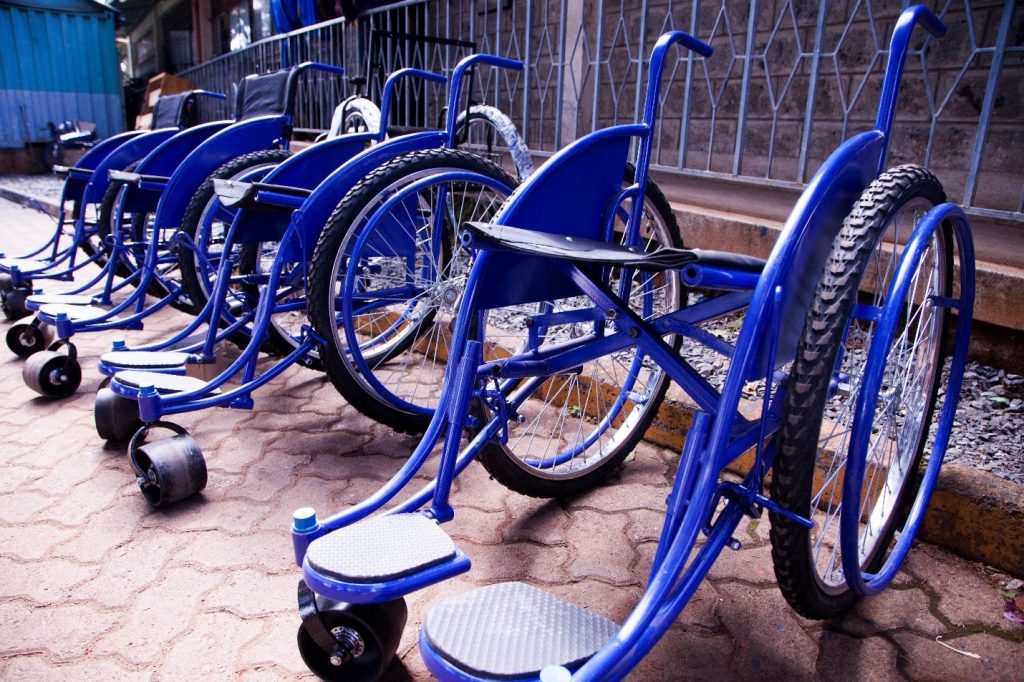“Special needs” has become an umbrella term that is used to describe children who have any number of physical, emotional or mental issues that may prevent them from learning at the same pace as their peers. While it can be easy to think that special needs children are a very small minority, it is not the case.
Statistics show that around 54 million Americans have some type of special need. In terms of percentages, the National Center for Education Statistics estimated that in 2014/2015 that around 13 percent of children who were being educated in the system had some type of special need. That shows the figure is not some tiny minority. It is not one or two percent of children, but a whopping 13 percent who need special needs while going to school. That is why so many school districts are eager to hire special needs teachers.
For professionals who want to help special needs children, it can be a challenge to figure out how to best qualify for such positions. Here is our guide.
Requirements for Special Needs Teachers
The first part of the process is to gain the necessary qualifications to become a teacher. That means having a bachelor’s degree, preferably in special education. Even an education degree would be sufficient if it were supplemented by specific classes involving special education. It is also appropriate to have a teaching internship that is focused on special education. If it is in a classroom of special needs children, it is all the better.
Each state will have a required set of tests that would-be educators must pass. There are special tests for teachers who want to go into this line of work. Helping special needs kids is different from teaching a regular class, which is why the tests are different for special needs educators.
When the tests are passed, it is time to obtain a teaching license. After getting the license, teachers can start applying for positions that require a special needs educator.
Necessary Skills for Special Education
Every teacher must possess great qualities if they are going to help their students. Even teaching a class full of students with no special needs is a challenge. But special needs students can be even more difficult, even if it is not their intention. That is why any special needs educator must show greater patience, calmness, organization, inspiration, and acceptance than regular teachers. Special needs children come from different backgrounds, and all of them have different disabilities or issues that prevent them from learning at the same pace as other kids. Teachers must be able to effectively communicate with the students, their parents and the school to ensure progress is being made.
It is not easy being a teacher. It is even harder being a special needs educator. But the rewards are even greater. It is an incredible feeling to help children who may not have enjoyed the most success at other schools or with other teachers. The appreciation you will get from those kids and their parents are hard to beat in any other profession.
